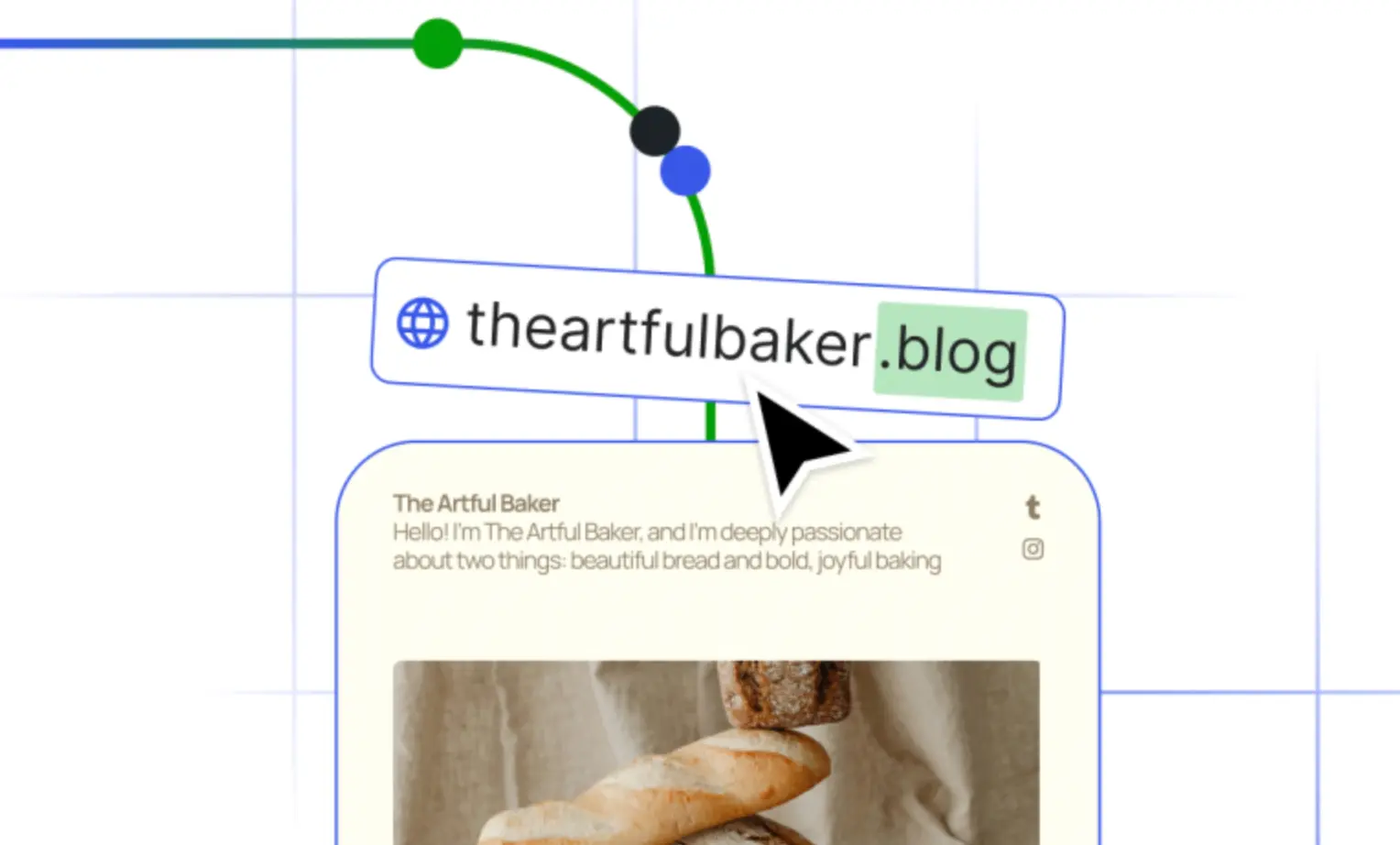How People Search Sites Strengthen Their Brand by Helping Find Old Classmates
Updated on
Published on
What if the girl who passed you that folded note in 8th grade homeroom is just a few clicks away? Or the boy who lent you his jacket during that rainy class trip? Time and distance scatter friends, but modern digital platforms are quietly rebuilding those connections. Today, people search sites do more than index names—they enable stories to reconnect and friendships to reignite.
By streamlining access to fragmented digital footprints, search platforms like People Finder Free help users navigate public data without overpromising. They don’t invent new information, but instead compile what's already available—organized, categorized, and ready for meaningful searching.

Why Old School Friendships Still Matter
Old classmates represent unfiltered versions of ourselves. Whether it’s childhood school friends, a university buddy, or someone from the same class, these ties shape who we are.
Rekindling a bond with an old friend can feel like finding a misplaced piece of your past. For many, the question becomes not if but how to find classmate connections in today’s fast-moving internet landscape.
The Growing Demand to Reconnect
Across forums and social feeds, queries like “how to find an old school friend” or “where is my high school friend now?” trend with increasing frequency. People yearn to understand where life took the people they once spent daily hours with.
The rise in digital tools reflects this growing desire. Search platforms now invest heavily in usability, ethics, and brand trust—because in the world of missed connections, credibility means everything.
How People Search Sites Build Trust
A major way websites improve their reputation is by managing expectations honestly. Users respect platforms that provide accurate search capabilities, outline limitations, and never falsely guarantee results.
Offering access to contact details, if available, or indicating data age, enhances trust. Brands build authority not through volume but precision.

Advanced Search Filters Enhance User Confidence
By allowing refined search criteria—such as school name, location, estimated date of birth, or even maiden name—websites become more than digital directories. They become efficient pathways to meaningful rediscoveries.
When platforms allow people to search by city or class, they reduce guesswork. That saves time and increases the possibility of a positive reconnect.
The Role of Social Media Platforms
Social media plays an important supporting role in the people search ecosystem. Profiles on Facebook, tagged events, old school photos, and public social media accounts provide emotional and visual context.
While not every person is active online, many leave a trace—sometimes in a picture, sometimes in a comment thread tied to a school reunion or shared education event.
From Search Tool to Emotional Resource
The emotional layer is what transforms a search site into a brand with human impact. When someone uses a website to look for an old classmate, they bring hope, vulnerability, and memory.
Platforms that acknowledge this journey—through design, communication, and helpful resources—stand apart in an increasingly transactional web environment.
Case Study: Two Friends, One Digital Clue
One example involved two women from a university English class in the 1990s. After lost contact, one tried searching by combining the girl's name with the school, graduation year, and city.
A site displayed a phone-linked listing. Although outdated, the name matched. A single call reopened a friendship frozen in time.
This kind of soft success, while not guaranteed, shows what’s possible when platforms prioritize useful data over flashy design.
Privacy + Possibility: Balancing the Equation
Effective people search websites know the delicate balance between access and discretion. They avoid overexposing sensitive data while helping users reach possible contacts ethically.
Clear messaging about what information is available—like account history or known phone listings—gives users agency without overstepping.
Why Contextual Results Matter
It’s not just about listing names. It’s about layering context: did this person attend your school? Did they live in your city? Did they post about a class reunion?
Search platforms that provide smart cross-referencing offer more relevant results—and stronger emotional outcomes.
The Power of Keywords in Personal Search
Terms like "old friend," "old classmates," or "school friends" power up both search engines and internal site algorithms. Knowing how to search matters as much as where.
This is where people search sites shine—creating smart search options that support emotional goals.
How School and University Tags Create Stronger Matches
Platforms that let users filter by school, university, or graduation year improve both user experience and trust in the site. These layers help narrow down results for a person's school friends or old classmates even if the user forgets the exact name or spelling.
Allowing searches that include teachers, school name, and class year means you can skip the noise and track relevant matches.
Search Filters and Smart Data Usage
Many users assume they must know a full phone number or last location. But modern sites often function with minimal input. By utilizing fragments—such as a maiden name, city, or class—smart filters can unlock surprising results.
This minimizes wasted effort and increases the chance of discovering that one old school name that still lingers in memory.
The Role of Private Investigators in Digital Age
While most rely on websites, others turn to private investigators when dealing with complex cases or lost connections spanning decades. Private investigators can offer a more structured, human approach to complex searching—though they too rely on digital tools and records.
Modern people search sites may not replace human investigators, but they offer a starting resource when you’re dealing with a missed connection.
Facebook as a Silent Bridge
Facebook continues to play a major role in reconnecting friends online. Tagged reunion posts, school photos, or shared memories often become digital beacons for those searching for a long-lost friend or classmate.
Combining a people search site with a follow-up check on social media creates a powerful cross-platform method.
Small Details That Matter
Even minor details can unlock someone’s location—such as a date of graduation, hometown, or account nickname. It's not about having everything; it's about combining what you do know with a smart search option.
One boy found his old friend simply because he remembered a unique username she once used in a class project.
How Brand Reputation Grows Through Real Results
Every successful reconnect becomes a soft advertisement for the website. When users tell their story—how they found an old classmate using a few filters and patience—it fuels brand credibility.
Success in this space doesn’t require flashy design; it requires meaningful possibility.
Why People Keep Coming Back to Search Sites
Revisits aren’t about curiosity alone. Sometimes users lost touch with multiple friends, or decide later to explore different classmates, old school teachers, or even dating connections from high school.
The mission becomes more than a name; it becomes a map of relationships. That’s why intuitive search and ethical transparency are vital for brand growth.
A Note on Emotional Impact
These aren’t sterile info transactions. Every friend someone rediscovers through a platform like this comes with emotion—joy, nostalgia, even regret.
People searching for someone from their school days often carry decades of silence behind a single click.
Smart Design That Encourages Sharing
A successful people search site creates an experience users want to share. That’s how websites improve their organic reach. They become storytellers, not just search engines.
Someone finds their old classmate. They post the story. Others read it and remember their own school friends. The cycle continues.
Tips for Using a People Search Site Effectively
- Use full names, but try variations.
- Add school, city, or approximate date of graduation.
- Check alternate spellings or maiden names.
- Search from multiple devices or browsers for broader info access.
- After finding someone, take time to verify with a photo, social media, or a mutual friend.
These simple tips improve your odds—and protect the dignity of everyone involved.
Conclusion: Search with Purpose, Connect with Meaning
People aren’t lost—they’re waiting to be found. The modern web offers more than a directory; it provides emotional reconnection tools that many once thought impossible.
By understanding how to find old classmate connections using ethical, smart sites, you don’t just discover a name. You rediscover part of your life.
Platforms like People Finder Free improve their branding not through loud claims, but quiet, structured usefulness. And sometimes, that’s all it takes to bring old friends back together.
FAQ
1. Can I use people search sites to find a teacher from my old school?
Yes. Many platforms allow filtering by school name, year, and location—which may bring up former teachers, principals, or even school staff.
2. What if my old classmate changed their last name?
Use their maiden name or try social media handles. Some sites let you explore related aliases or family ties if contact details are listed.
3. Can people search tools help with old school dating connections?
Yes. If you're looking to reconnect with a former friend from a class or campus relationship, these tools can help—especially if you remember the school and year.
4. How do I know the person I find is actually my old friend?
Look for photo matches, social media overlap, or familiar details in their account listings. Cross-check with Facebook, or reach out carefully with a personal note.
5. Is it ethical to search for someone I haven’t spoken to in 20 years?
Yes—if your intent is respectful. Sharing memories, offering reconnection, or simply wishing well is valid. Just always respect boundaries and privacy.



webp.webp)
webp.webp)




